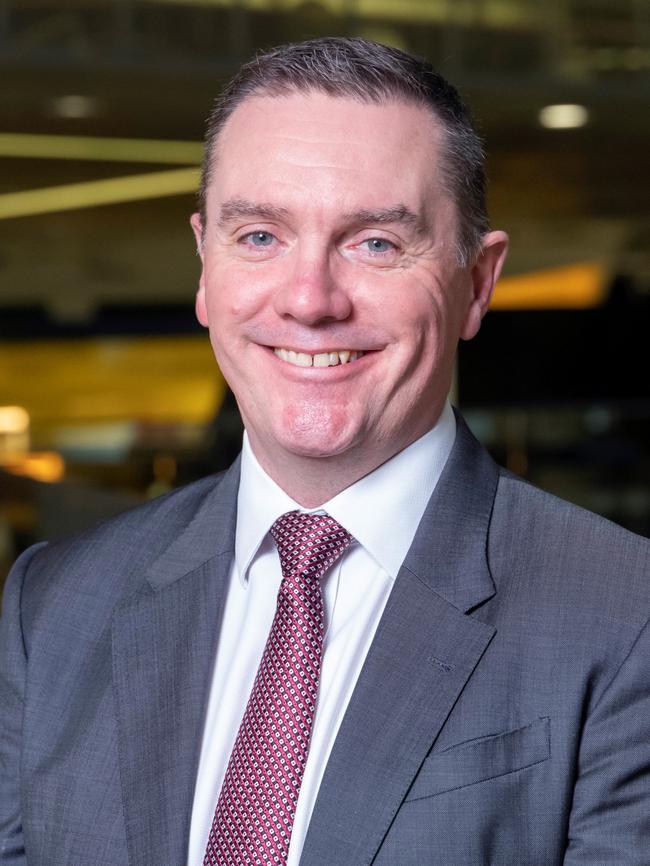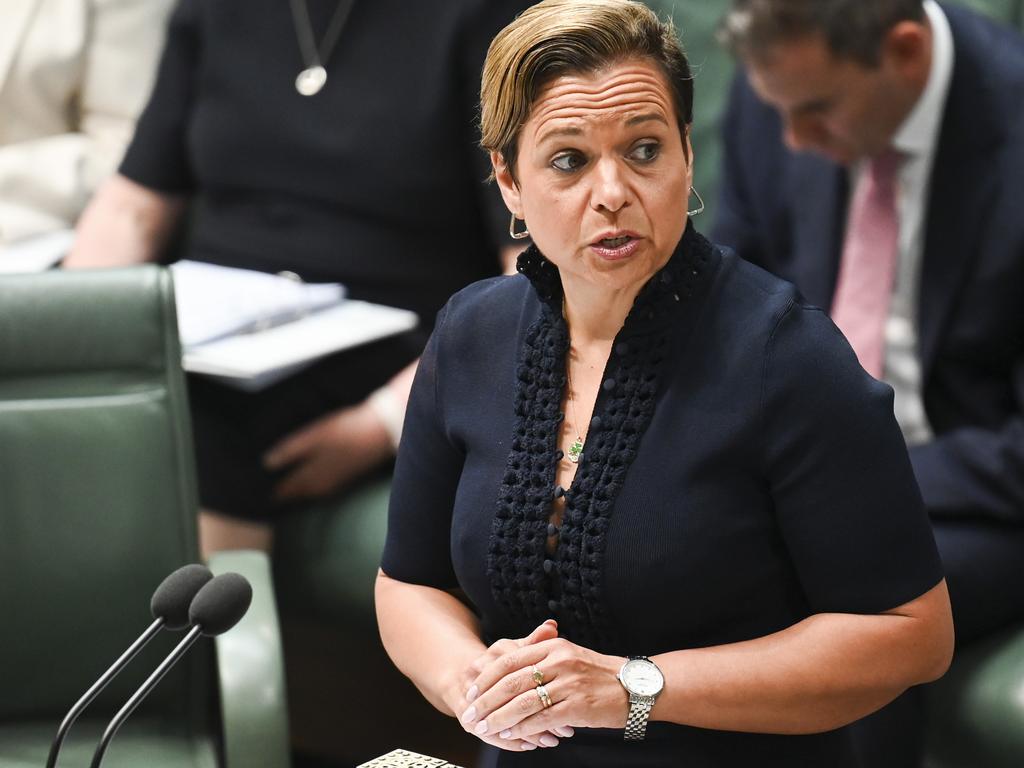Almost 100,000 scams detected on Meta’s Facebook and other platforms, dwarfing rivals
The tech giant is becoming a magnet for scammers, attracting almost 100,000 attacks across its platforms including Facebook and Instagram since October.
Meta and its social media platforms, including Facebook, Instagram and WhatsApp, have attracted tens of thousands more scammers than rivals such as X and Reddit, according to data from a leading mobile security company.
Texas-based Zimperium, which was formerly backed by Telstra Ventures and protects the mobile devices of US troops, has detected 99,690 scam hits on Meta’s platforms since October last year.
Facebook accounted for the lion’s share, with 53,275, followed by WhatsApp with 30,612 and Instagram 15,803, according to data obtained by The Australian.
This compared with 3,344 hits on X, formerly known as Twitter, 11,612 on Telegram and 148 on Reddit. The data was gleaned from 200 million mobile devices that Zimperium protects, out of the estimated 6.84bn smartphones in use globally.
It comes as Australia’s banks are demanding tech giants, including Meta, be forced to sign up to new mandatory scam codes and have launched a broadside against social media platforms for failing to protect their customers from scammers.
The big banks have managed to strike collaborations with telco providers, but their relationship with big tech companies is “not as mature” and Australian Competition & Consumer Commission chair Gina Cass-Gottlieb has singled out Mark Zuckerberg’s Meta as the worst to deal with when attempting to combat financial crime.

Mining billionaires Gina Rinehart and Andrew Forrest have also slammed Meta to allow scams impersonating them in effort to dupe everyday Australians on its platforms, with Dr Forrest launching legal action against the $US1.30 trillion ($2 trillion) company.
National Australia Bank’s executive group of investigations Chris Sheehan – who previously worked at the Australian Federal Police for almost 30 years – says scams on social media have surged, underscoring the need for more tech companies to do more to protect customers.
Mr Sheehan said NAB customer reports of goods and services scams have increased 78 per cent in the past three months, with these scams involving a social media or online marketplace in about 60 per cent of cases.
NAB has placed advertisements warning customers about social media scams, particularly on Facebook Marketplace, Spotify and Gumtree, and has expanded suspicious payment alerts for invoice and romance scams, with the latter cost Australians $434m in 2022.

Mr Sheehan said while the bank had introduced a “real time” alert system for customers, in many cases it was too late and said the best way to combat financial crime on social media was to ensure the scam advertisements were removed as quickly as possible.
“Investment and goods and services scams are consistently among the top five scams our customers report. Many of these scams start via popular social media platforms, reiterating the need for a co-ordinated, national approach across businesses, governments and the community, to stop the crime before it happens and protect Australians,” Mr Sheehan said.
Cyber criminals are becoming increasingly sophisticated, with Zimperium saying in some case they use SMS, mobile messaging apps or mobile email to send deceptive “lookalike” messages that imitate Facebook or their support teams.
In general, the goal of these attacks was to trick people into handing over their user credentials to their Facebook, or other accounts. This allows attackers to potentially take over their Facebook account, and continue their scams into friend groups. Attackers can continue to steal people’s money through extended scamming, once the user is engaged and “hooked” in the phishing.
The Albanese government has flagged it will soon introduce legislation for a mandatory scams code outlining the responsibilities of the private sector, focused on banks, digital communications platforms and telcos.
Despite Facebook Marketplace emerging as a hotspot for scams and fraudsters using social media platforms to promote investment scams, Meta and other tech companies are pushing back against a mandatory code.
Meta said it has more than quadrupled its safety and security teams to more than 40,000 since 2016 to remove hate speech, harassment, threats of violence and other content that could potentially cause harm. It also said it blocks “millions of fake accounts from being created every day”.
But some experts say such efforts have waned, following several rounds of job cuts at Meta. It cut roughly 10,000 jobs last year – the second wave of mass lay-offs – in what it said is an effort to be more efficient in a difficult economy.






To join the conversation, please log in. Don't have an account? Register
Join the conversation, you are commenting as Logout